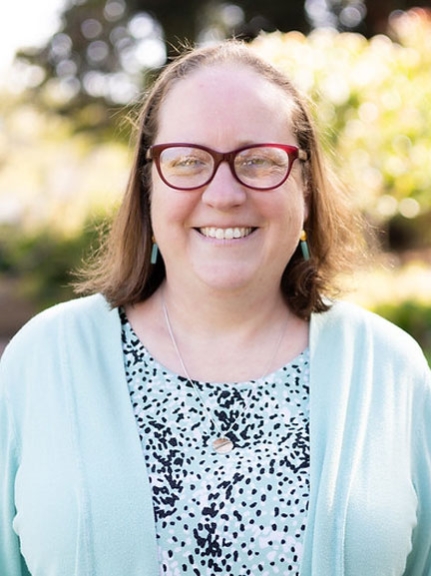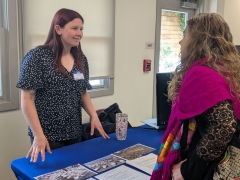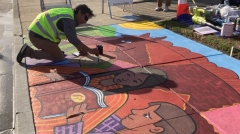Conflict Transformation Fellowship Gives Students the Chance to Apply Their Skills to Real-World Projects
| by Caitlin Fillmore
Through a yearlong fellowship supported by the Conflict Transformation Collaborative, 40 students applied their skills to develop creative approaches to conflict. Topics ranged from international aid efforts and refugee support systems to Bitcoin policies, shark/human relations, and more.




